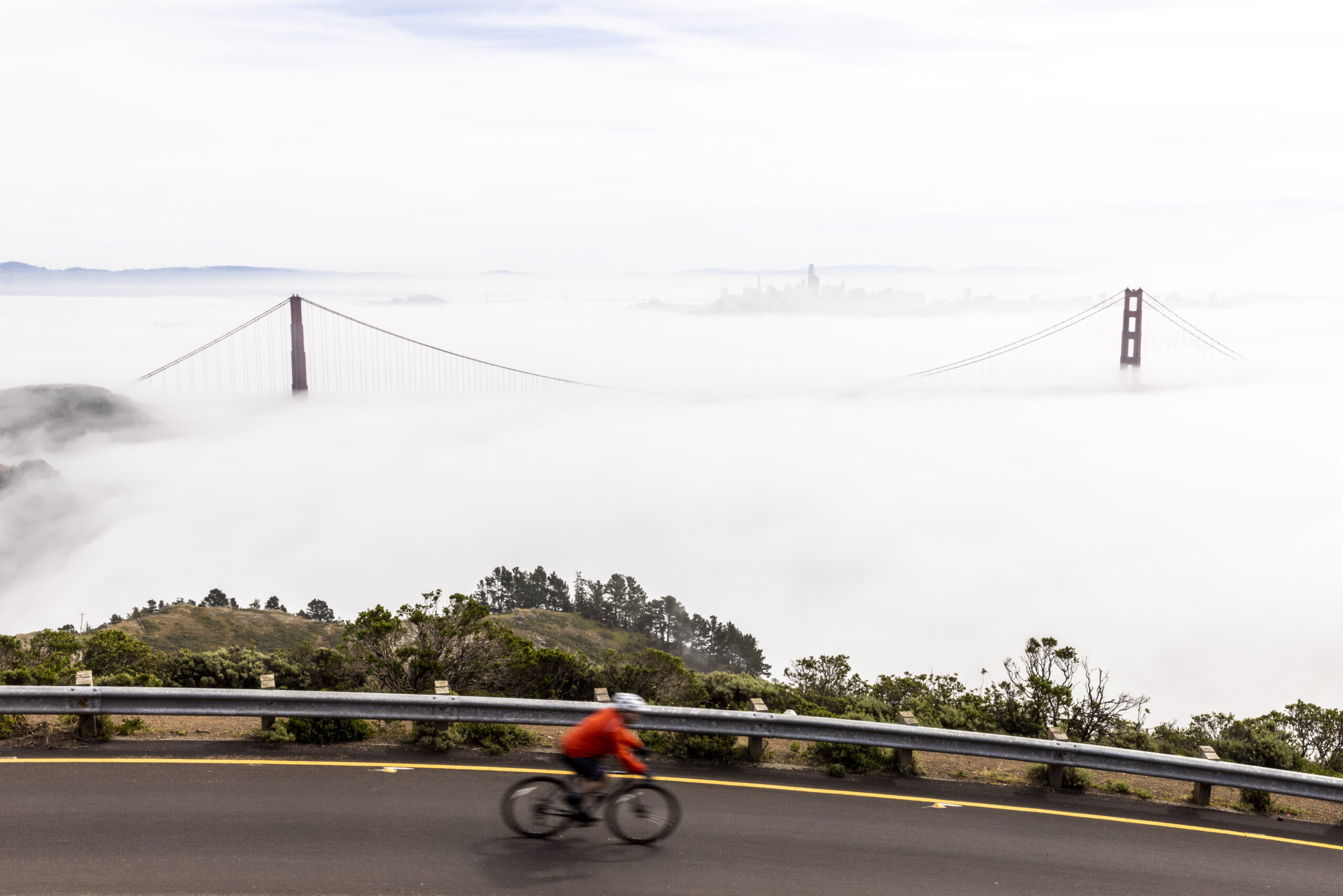The upcoming recall election of District Attorney Chesa Boudin presents a fork in the road for San Francisco as two camps of voters envision different paths forward for the city.
On one side, some San Francisco voters report satisfaction with their experience living in the city and remain staunchly faithful to progressive ideologies. On the other, people express fears of crime and dissatisfaction with aspects of city life and point to Boudin’s recall as a stepping stone to solving its many issues.
Whether or not people are enjoying themselves in San Francisco appears to be a main indicator of how they feel about Boudin. Issues such as safe consumption sites, compulsory treatment for drug abuse and wearing a facemask on public transit also set the two camps apart.
Only 30% of people who are voting to recall Boudin report being satisfied with their experience living in San Francisco, The Standard’s poll found. They are more likely to report dangerous commutes to work, a lack of trust in their neighbors and a withdrawal from the city’s once prevailing progressive politics. Their views on other issues also differ: Only 45% of those in favor of the recall support wearing face masks on public transit, compared to 71% from the opposing camp. And only 17% support opening safe consumption sites for users of illegal drugs, compared to 61% of Boudin supporters who back the idea.
People voting “no” on the recall say they are most concerned by wealth inequality and the rising cost to live in the city. Many of the “no” voters point to long-term policy priorities, rather than the recall, as a solution for the city’s problems and 70% said that they are satisfied with their experience living in San Francisco.
Camden Avery, a 13-year San Francisco resident who is voting to keep Boudin in office, told The Standard that he thinks the recall campaign is a scapegoat for greater societal issues which require more enduring solutions. Avery spoke highly of his experience in the city, pointing to its diversity and creative communities as a source of inspiration.
“Things that have gone downhill, in any respect, are basically attributable to the pressurization of income inequality,” Avery said. “I think people get frustrated with long-term systemic solutions because they take a long time to put together and they’re expensive.”
Avery’s outlook is emblematic of Boudin supporters at large, according to The Standard’s poll. While both “no” and “yes” voters cited homelessness as a prominent issue with city life, they differed on how to address the problem.
For proponents of the recall, which makes up 57% of total survey respondents, there is a sense that the city must take a firmer approach to tamping down on crime. Seventy-three percent of pro-recall voters said they support requiring people with substance abuse disorders to enter treatment and 61% support compelling unsheltered people to go indoors if there is shelter available.
Susan Jackson, a 40-year San Francisco resident who is voting “yes” on the recall and participated in The Standard’s poll, said that her family is planning to move out of the city as soon as possible. Jackson is part of the 59% of recall supporters who said that they were unlikely to stay in San Francisco long term, compared to 36% of the opposition who were asked the same question.
“My husband has been attacked and there are no consequences,” Jackson said. “There has to be an interference. I want to be compassionate and I hate to be bitter but I’m concerned about the safety of myself and those around me.”
As Jackson and others are planning their moves out, others are moving in.
Josh Hersh, a Nob Hill resident who moved to San Francisco in December after living in New York and Chicago, said that the city is “relaxing” compared to his previous homes. Hersh pointed to weekend hikes and bustling community events as a reason to celebrate San Francisco. He said his vote against the recall is indicative of his desire to see the city find more compassionate solutions for the city’s ills.
“Cities have their own unique problems but coming from [New York], which has seven-and-a-half million more people, this feels like a breath of fresh air,” Hersh said. “It really is sad to see that people are suffering in this way. But it seems like so much of the discussion is based on ‘we don’t want to see them on the streets.’ But what is the actual solution to get them the help they need?”
